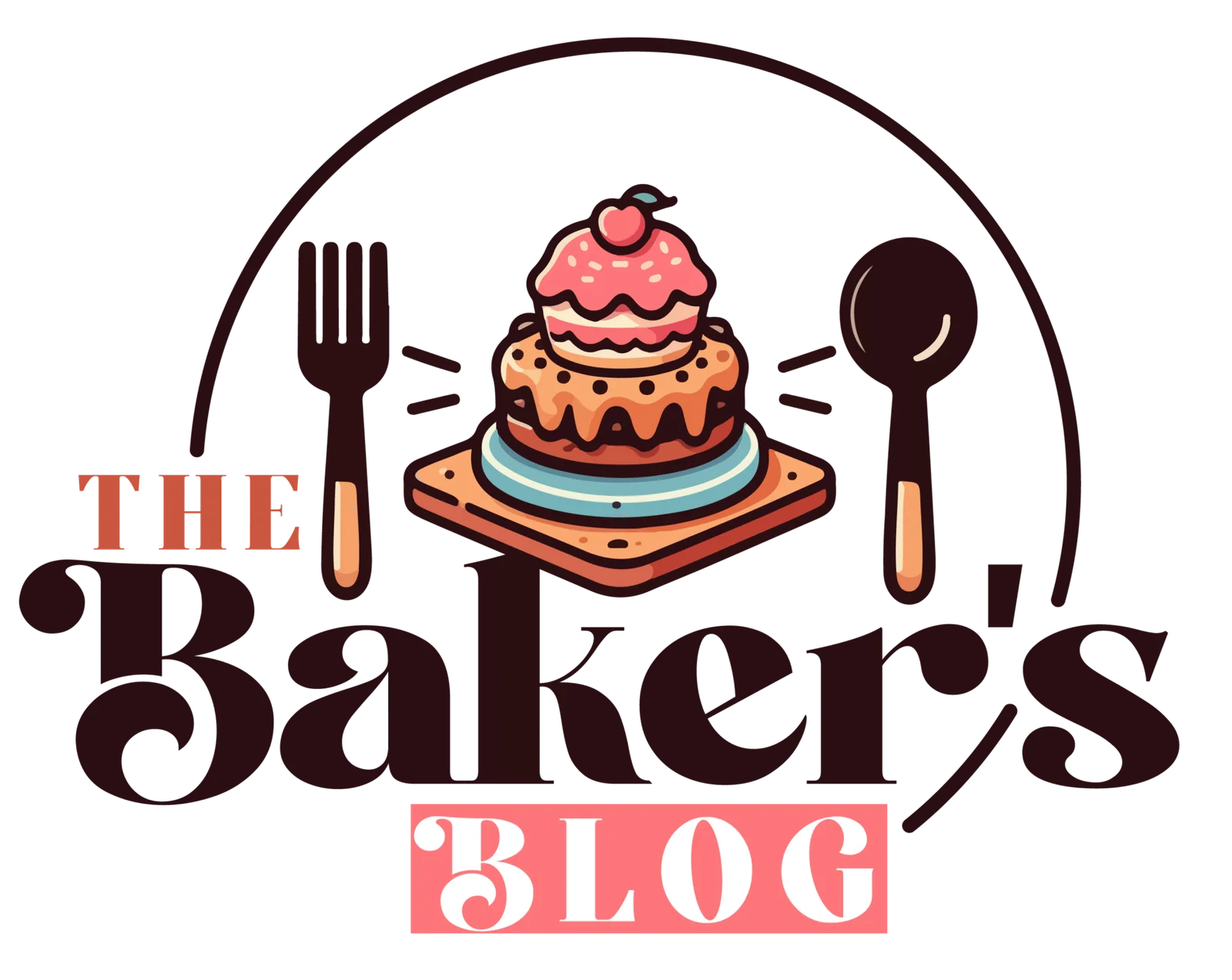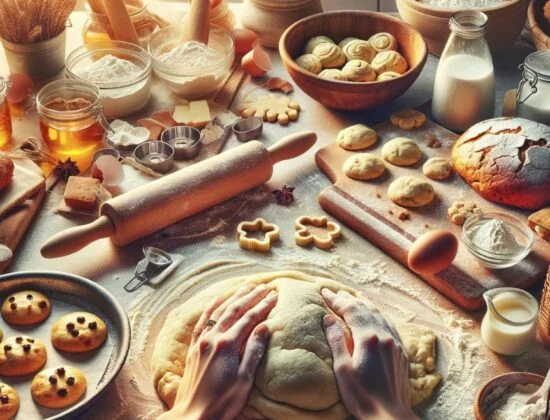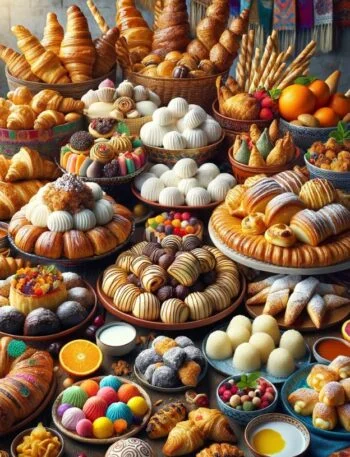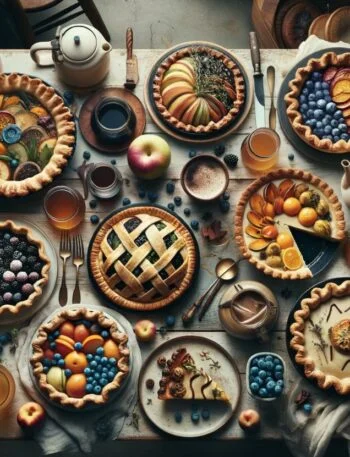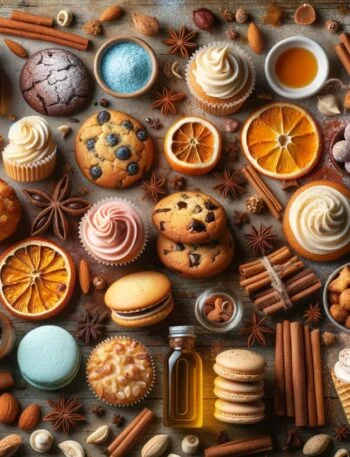Baking is an art form that combines the precision of science with the creativity of cooking, offering endless possibilities for those willing to explore its depths. Whether you’re whipping up a batch of cookies or kneading dough for artisan bread, the journey from ingredients to finished product is one of transformation and delight. In this comprehensive guide, we delve into essential tips and tricks that will elevate your baking, ensuring success every time you set foot in the kitchen.
The world of baking is vast and varied, encompassing everything from delicate pastries to hearty loaves of bread. It’s a realm where the right knowledge can turn simple ingredients into spectacular creations. But what separates the novice from the seasoned baker? It’s not just experience but also the understanding of key techniques and the nuances of how ingredients interact. This guide is designed to demystify the baking process, offering valuable insights that will help you achieve consistency, enhance flavors, and bring your baked goods to new heights.
The Importance of Ingredients
Quality matters. The first step to exceptional baking is selecting high-quality ingredients. Freshness is paramount, especially when it comes to leavening agents like baking powder and yeast, which lose their potency over time. But it’s not just about freshness; understanding the characteristics of different flours, fats, and sweeteners can profoundly affect your baking outcomes. For instance, the protein content in flour can determine the texture of your bread, while the type of fat used can influence the flakiness of pastries.
Measuring Matters
Baking demands precision. Unlike other forms of cooking where you can adjust and season to taste, baking requires exact measurements. Investing in a good set of digital scales can make all the difference, allowing you to measure ingredients by weight for accuracy. Volume measurements can be inconsistent due to variable factors like packing density, so weighing your ingredients can lead to more reliable results.
Temperature and Timing
The role of temperature in baking cannot be overstated. This includes not only the baking temperature but also the temperature of your ingredients. For example, the temperature of butter can drastically change the texture of cookies and cakes. Similarly, the proofing temperature of dough affects yeast activity and, consequently, the rise of your bread. Understanding and controlling these temperatures is crucial for achieving the desired outcome.
Ovens are notoriously finicky, often running hotter or cooler than their set temperatures. An oven thermometer is an invaluable tool for ensuring that your baking temperature is accurate. Additionally, baking times provided in recipes are guidelines; learning to judge doneness by appearance and feel is a skill that comes with practice and attention.
Technique Triumphs
Technique is the backbone of baking. From creaming butter and sugar to folding in flour, the methods you employ can make or break your baked goods. Mastering these techniques ensures that you’re incorporating ingredients correctly, developing textures, and creating structures that will hold up during and after baking. For instance, over-mixing batter can lead to tough cakes, while under-kneading bread dough can prevent it from rising properly.
The Creative Process
While baking is scientific, it’s also deeply creative. Experimenting with flavors, adapting recipes, and even embracing your mistakes are all part of the learning process. Every error is an opportunity to learn something new, and every success brings a sense of achievement and joy.
Finally..
Baking is a rewarding pursuit that challenges and satisfies in equal measure. By understanding the importance of ingredients, the necessity of precision, the critical nature of temperature and timing, the value of technique, and the joy of creativity, you’re well on your way to becoming a proficient baker. Remember, the journey of a thousand loaves begins with a single cup of flour. Embrace the process, continue to learn, and let your baking journey unfold.

